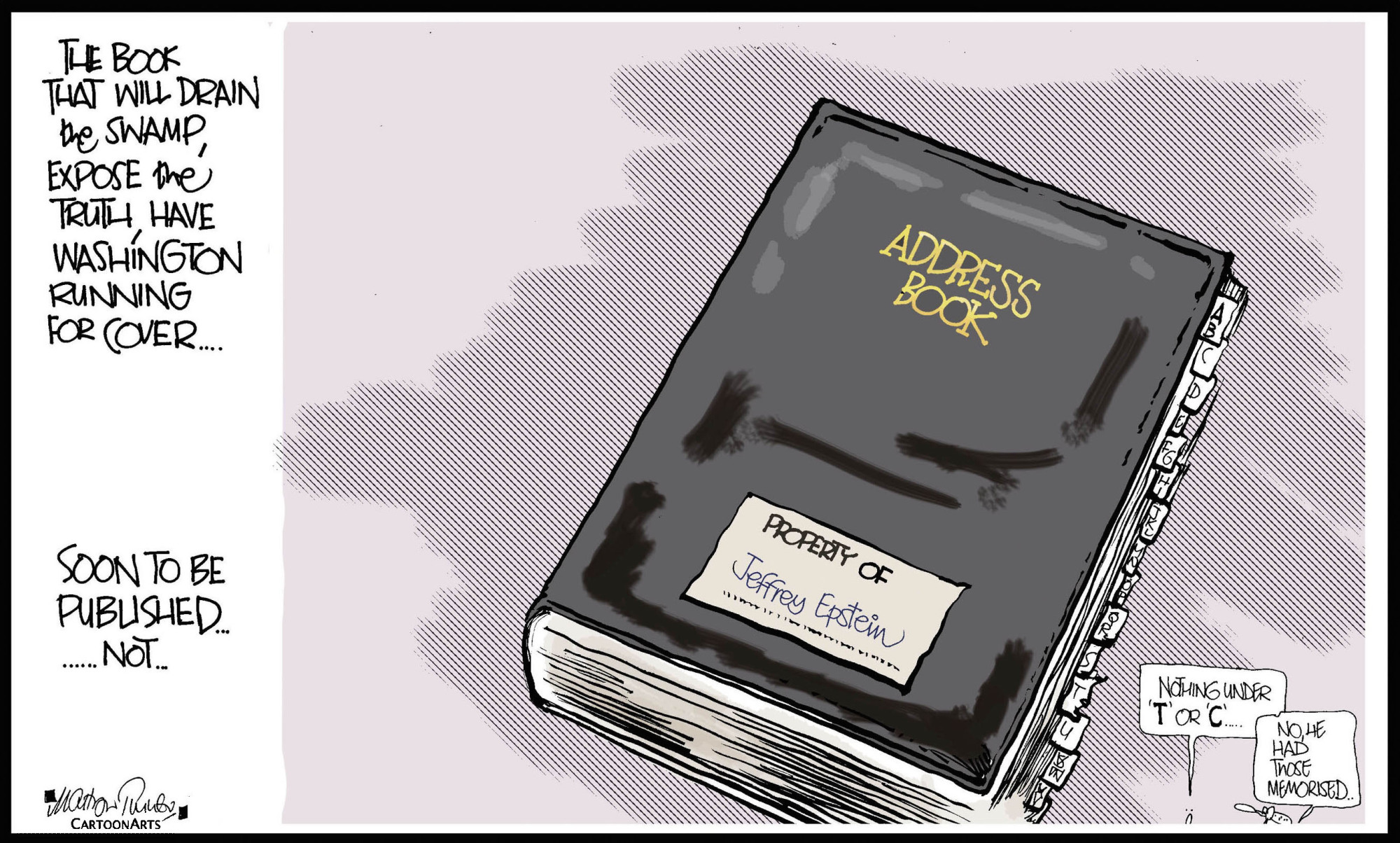Last Wednesday, as wildfires ripped across the Amazon rainforest, the Brazilian president took to Facebook to accuse nongovernmental organizations of setting light to the trees. Speaking on a Facebook Live broadcast, Jair Bolsonaro presented no evidence for his claim. But that should hardly be a surprise. In responding to a crisis by simply spreading conspiracy theories, Brazil's far-right leader was simply embracing an alarming global trend, in which truth and reality risk becoming ever less important when it comes to political messaging.
Spreading conspiracy theories for political ends is hardly new — indeed, it is as old as politics itself. The last decade, however, has seen an explosion of such activity — and it is continuing to intensify. In the last month, U.S. President Donald Trump implied that Bill and Hillary Clinton may somehow have been involved in the death in custody of financier Jeffrey Epstein, who died in an apparent suicide while awaiting trial on sex trafficking charges. China, meanwhile, has accused Western provocateurs of being behind growing protests in Hong Kong.
How widely such conceits are believed is hard to tell. What is much more apparent, however, is that their spread points to an unquestionably alarming tendency — a growing lack of respect for the truth, and increased willingness among those in authority to disregard it altogether.

















With your current subscription plan you can comment on stories. However, before writing your first comment, please create a display name in the Profile section of your subscriber account page.